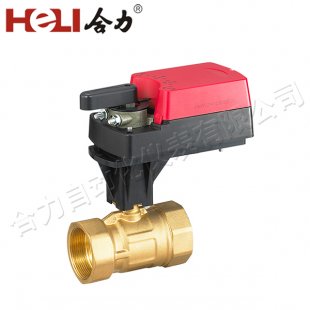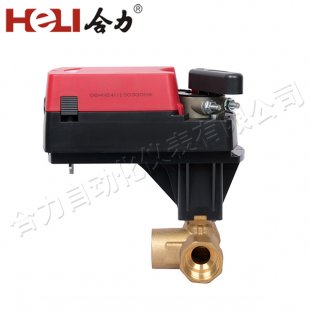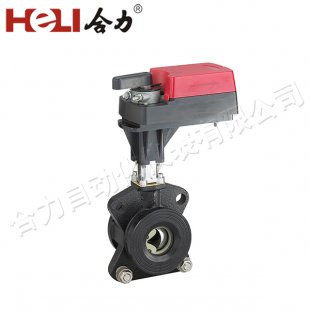exploring the potential of hydrogen energy damper actuators
Release time:2024-10-16 02:59:04
In the quest for sustainable energy solutions, hydrogen has emerged as a promising alternative to fossil fuels. Among the various applications of hydrogen, one of the most innovative is its use in damper actuators, which play a crucial role in controlling vibrations and improving stability in various systems, from vehicles to industrial machinery. This article delves into the concept of hydrogen energy damper actuators, their mechanisms, advantages, challenges, and future prospects.

Understanding Damper Actuators

A damper actuator is a device that uses mechanical, hydraulic, or pneumatic means to control and manage vibrations in structures and machinery. These actuators absorb and dissipate energy generated by dynamic forces, ensuring stability and safety. Traditional dampers rely on hydraulic fluids or electromagnetic systems, which, while effective, can have limitations in terms of energy efficiency and environmental impact. The Role of Hydrogen in Energy Systems




